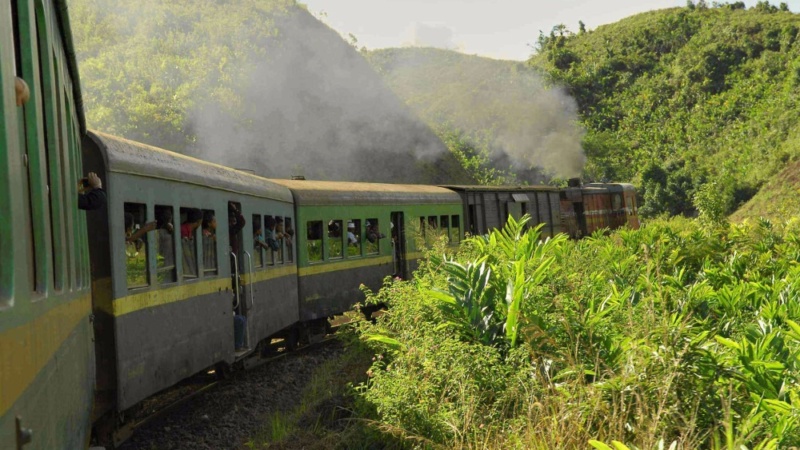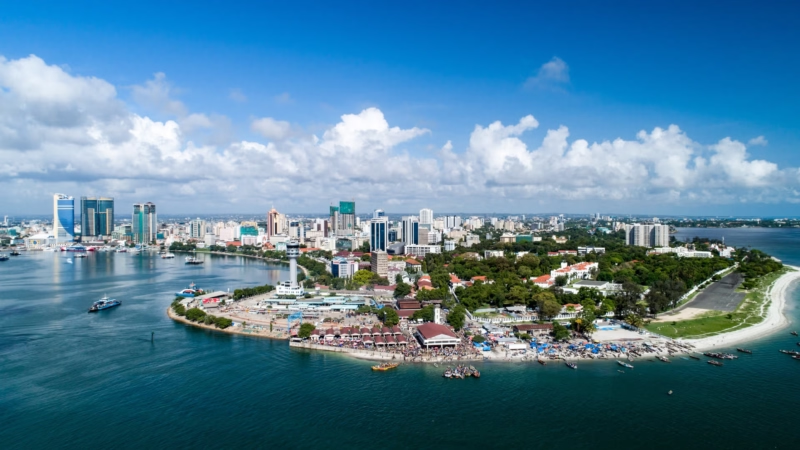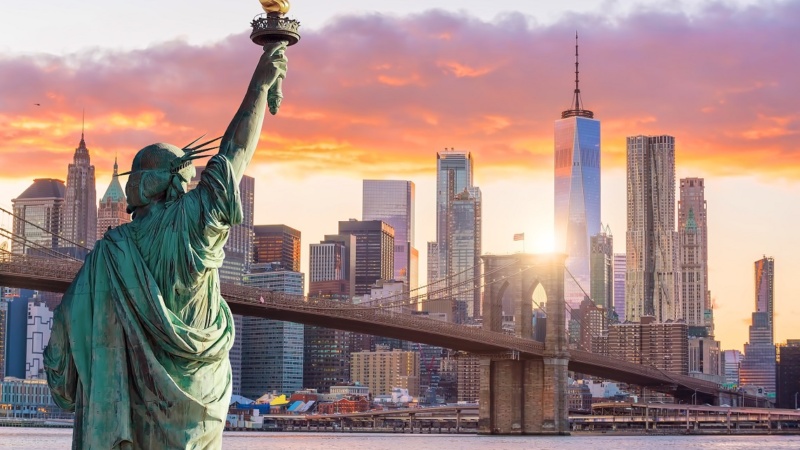Driving Positive Change Through Sustainable and Responsible Tourism
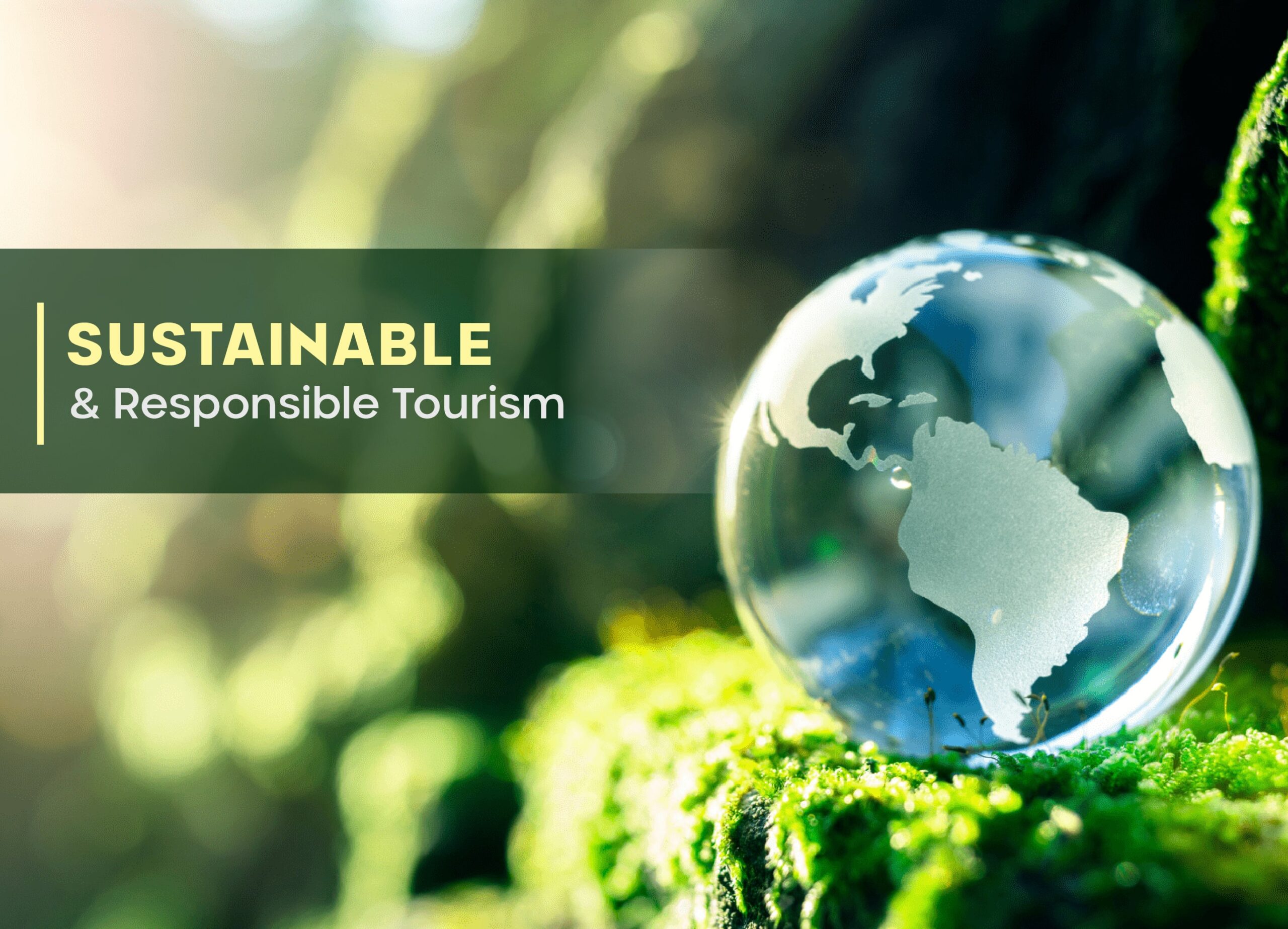
A survey states that the tourism industry was worth USD 7.7 trillion in the 2022 world GDP. The World Travel and Tourism Council (WTTC) aims to increase this figure to USD 15 trillion by the next 10 years. Imagine how profoundly such a huge economy can affect mankind.
The environment is comprised of the five elements of life. Therefore, it is our responsibility to conserve it. Only a responsible present will result in a better future.
The travel business understands the more than urgent need to save the pristine environment and is ready to take a step forward. It is already taking notable steps to drive positive change through sustainable and responsible tourism. Travel consumers and providers combined can hugely contribute to eco-friendly surroundings.
Measures Tourism Startups Can Adapt to Contribute Towards Sustainable Tourism

Addressing environmental issues and incorporating ways to rectify them can be an eye-opener for the industry. The tourism startups embodying such ways into their operations will also help them stand out from others. This way, they can kill two birds with one stone. They can advertise this as their USP and play a part in shaping a better world as well, simultaneously. The courses of action corresponding to this can be:
- Tourist Education: Visitors coming from different lands take a keen interest in exploring more about the place’s culture. Including activities like cultural exhibitions, visits to local ecosystem conservation drives, and informative sessions about the spots’ history can be a trip add-on tourists would love. Concurrently, they will become more educated about the necessity of protecting the environment.
- Collaboration with Local Communities: Joining forces with the local communities focusing on eco-system conservative projects can be a great constructive step. Industry startups in the market can learn about methods to implement sustainable practices to restore habitats and protect endangered species.
- Operational Practices: Implementing waste management systems to prioritize recycling and composting, and using energy-saving resources can cut operational costs. Providing refillable water bottles to guests can reduce plastic waste and ultimately have a hand in sustainable tourism.
- Sustainable Tourism Network: A network of tourism providers, environmental organizations, and local communities can impart knowledge about sustainable tourism activities. The startup with the same name, ‘Sustainable Tourism Network’,’ is already paving the way to such networks.
Various startups are already doing exceptional work on their end towards this initiative. Examples of some such startups are:
- EcoTravel offers eco-friendly travel packages to its users
- GreenTip filters accommodations and activities that are eco-certified across society
- Booking.com displays Travel sustainability level whenever anyone makes a travel booking via their website
Travelers Can Enjoy Responsibly. How?

Without the traveler tribe, there could never be a tourism sector. This tribe is an insignificant part of the ecosystem. Millions of travelers visiting different places can adopt some small but responsible steps to preserve nature. Some of these steps can be:
- In today’s day and age of social media, mass tourism happens in places famous online. So, if you are in a pristine location, avoid sharing about it on the internet. This will keep the spot away from the crowd. On top of that, you will have a special memory that is unknown to the world.
- Save electricity when electrical appliances and their chargers are not in use.
- Perform environment-conservative activities like cleaning the beach and planting trees. You will live an out-of-the-world experience and preserve the biosphere by having fun.
- Minimize your plastic waste by using as few plastic products as possible.
Benefits of Sustainable Tourism
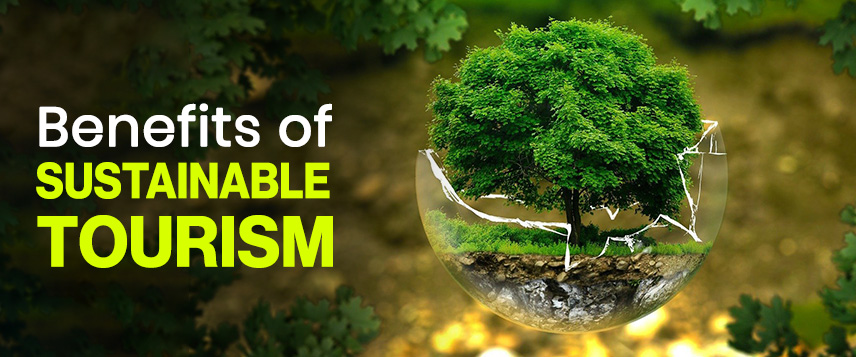
There is a saying, ‘With great power comes great responsibility’. Adding on to that, ‘With great responsibility comes great benefits’. Sustainable and responsible tourism serves great and countless benefits to the environment. Some of these benefits include:
- The environment stays clean and serene, resulting in heaven-like sights for the visitors.
- Cultural heritage is preserved and appreciated.
- Wildlife stays wild and fewer species will become endangered.
- A lower ecological impact. It is crucially important for our and our upcoming generations’ well-being.
- Local communities are empowered and it leads to development at the local level.
Turkey: An Exceptional Example of Sustainable Tourism

Turkey is a less traveled country for most globetrotters. Situated in Southeast Europe and West Asia, the Republic of Turkey is filled with bewitching landscapes. If you are a sustainable traveler, Turkey is the go-to spot for you. Turkey’s clean, beautiful, and untouched beaches away from the crowd are certainly meant for soul searching. Its Blue Flag-certified beaches can captivate your spirit.
The local cultures are protected and waiting for you to discover them in Turkey. Turkey is the right example to follow when it comes to sustainable and responsible tourism. With green hospitality and transportation, its carbon footprint is minimized. Along with this, Turkey is all ready to charm you like nothing else.
When Turkey-like practices get followed across the globe, the tourism line of business will turn around the environment all around us.
Future Lookout of Sustainable and Responsible Tourism
The small steps we take now impact our future tremendously. The addition to the steps already being taken will not only improve our surroundings; it will also motivate nearby visitors to make their contribution to such activities. This responsible maneuver awaits a stronger and reformed future for us.
Read More – Saudi Tourism Authority Aims to Welcome 7.5 Million Indian Tourists by 2023: Alhasan Aldabbagh



